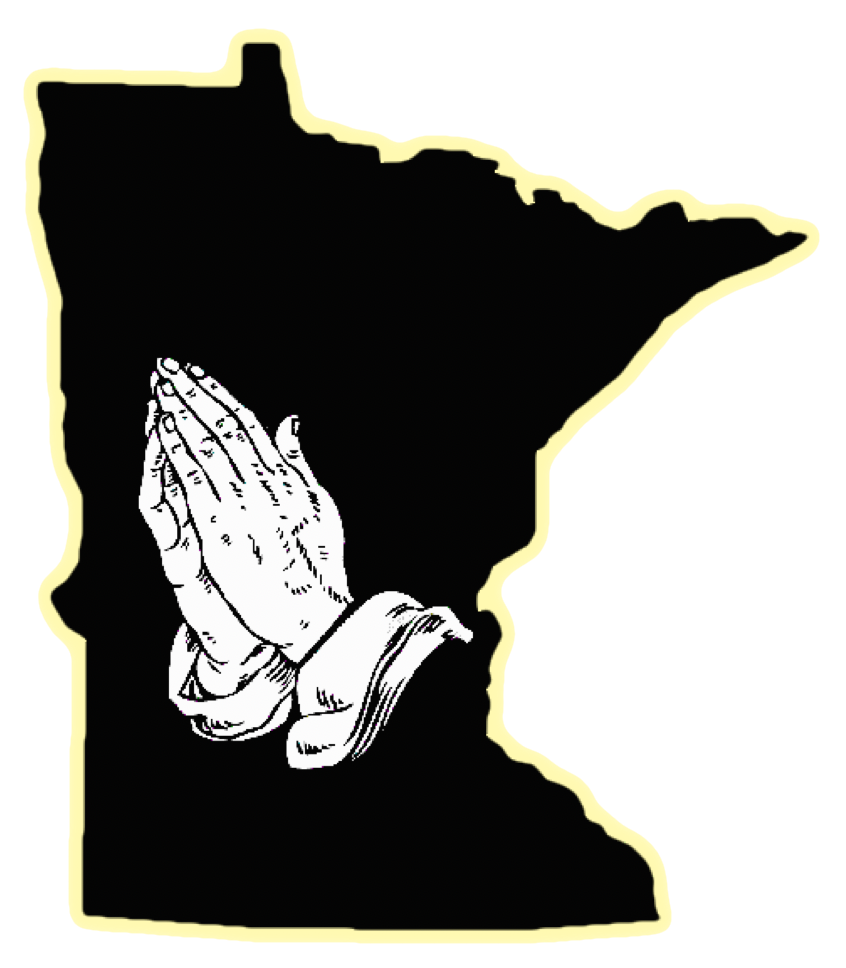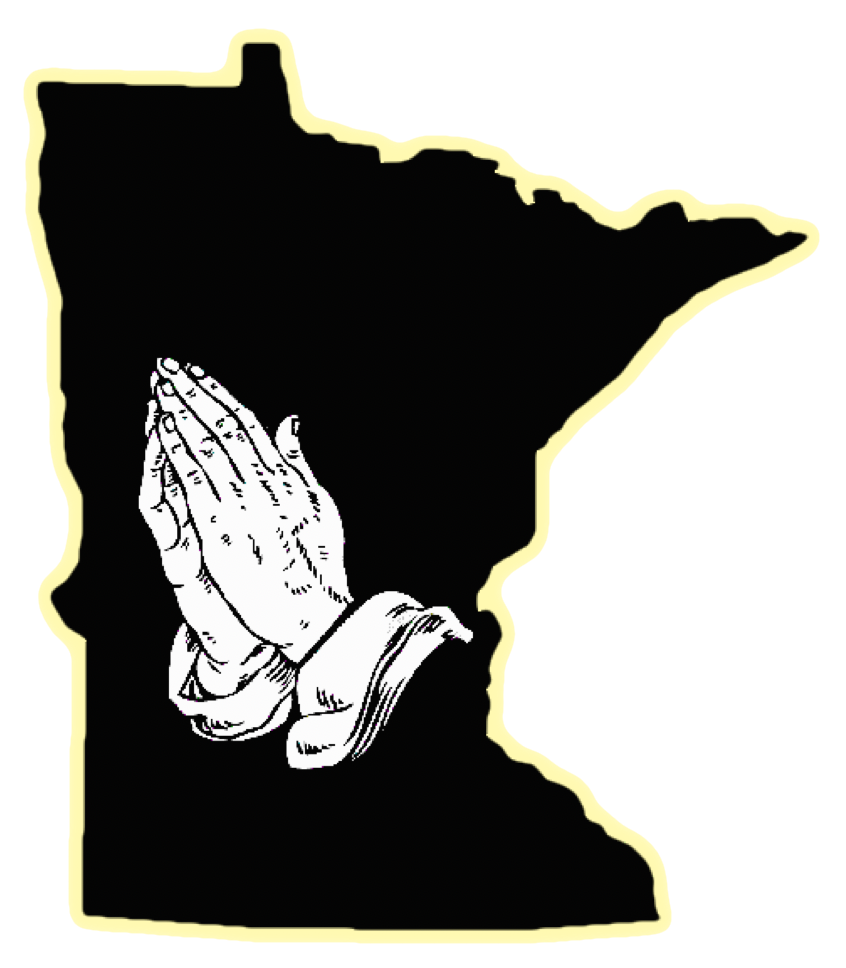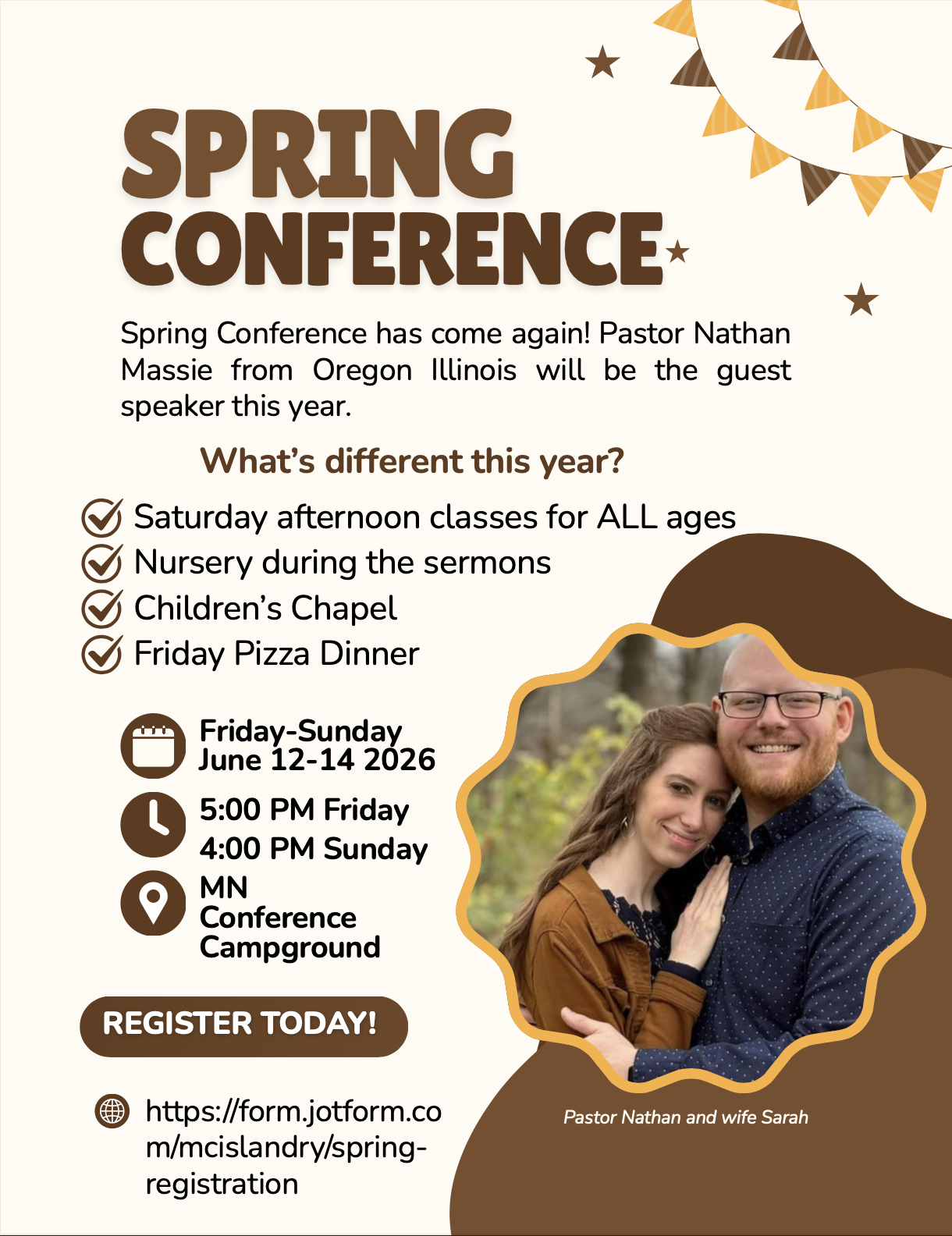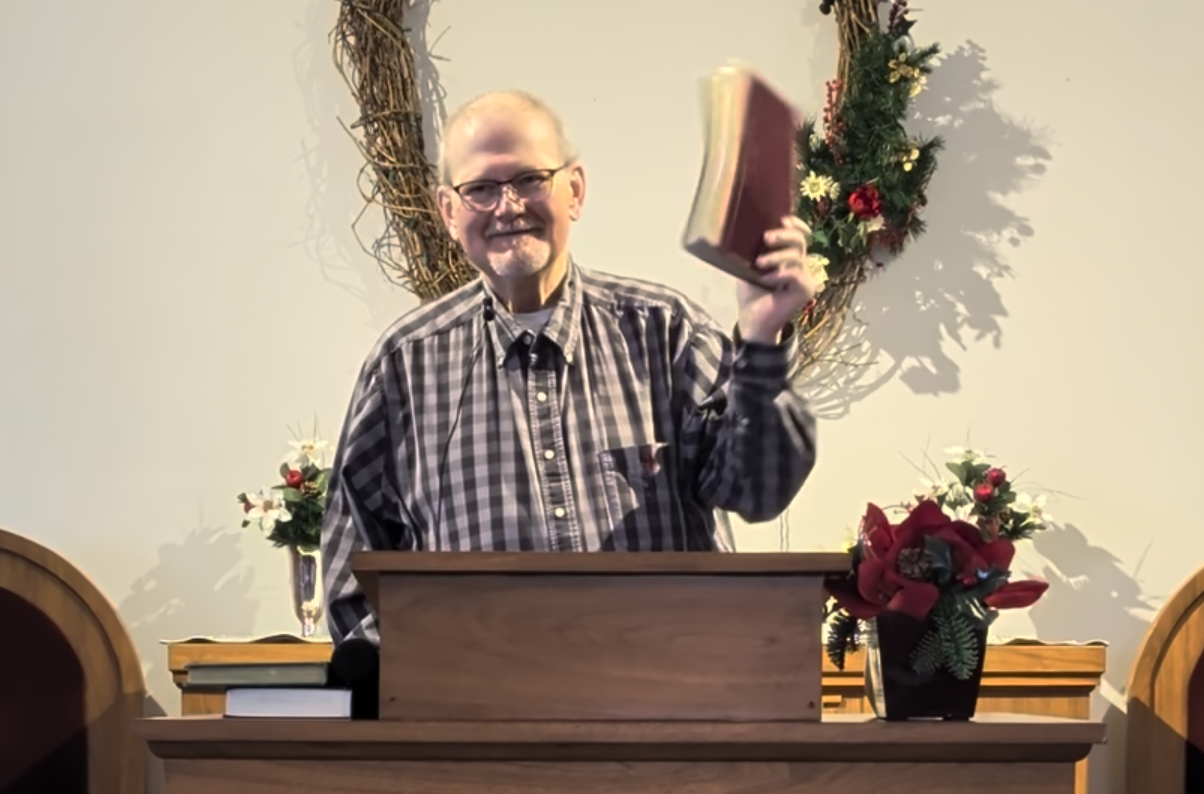
Welcome
Official Website of the Minnesota State Conference of the Churches of God
Various Articles:
Naaman seems to have some pretty simple, albeit specific, expectations of how God would show up in his life. In his first statement, I wonder if Naaman feels a little ignored or slighted that Elisha did not come out himself to see him. Naaman is a man of some importance within Aram but Elisha sends his messenger to Naaman rather than coming out himself. This is a good lesson to us to not think too highly of ourselves as well (Romans 12:3).
In this situation, if you call for an ambulance in a medical emergency, the ambulance drivers often couldn’t arrive in time, since they could not find where they were supposed to go.
Therefore, I’d love to consider this miracle of the poisonous stew for a moment and consider a couple things we can learn from it. One that may go without saying is the public service announcement to not eat unfamiliar items we scavenge from outside. There are many healthy food products in nature, but there are some that are inedible or even poisonous. Unless we are certain of their edibility, we should stay away from mushrooms, berries, seeds, and plants.
Belonging is important. There is a deep human need for identity, whether in human family or community. We derive well-being from finding our place.
Spirit of God’s work in this flawed man stands in sharp contrast to his moral conduct. What are we to make of God’s unusual choice of such an imperfect man?
Jehosheba is a hero of the Bible who saves a toddler from the evil schemes of a power-hungry authority. Consider how Moses was saved under Pharaoh’s reign, or Jesus during the time of King Herod. Even with this heroic act, we know little about Jehosheba. She was the daughter of King Jehoram and married the priest Jehoiada. These are two historical figures most people know little about. Her husband led a rebellion to instill the rightful heir of David to the throne in Jerusalem. Her father was so evil the Bible says that when he died it was to no one’s regret (2 Chron. 21:20).
I’m reminded of those who had thoughts and plans for the future, but whose lives were suddenly and unexpectedly cut short. Life is uncertain, thus reminding us of the urgency and priority of the moment.
It is noteworthy that King Ahab avoided the truth because he deemed it as bad. Instead, he listened to the 400 voices that told him what he wanted to hear. King Rehoboam did the same thing in First Kings chapter 12. Instead of listening to the advice of the elders, who gave advice he did not want to hear, he followed the advice of his peers. He followed what he wanted rather than what was best for him.
The facts are absolute and indisputable: everyone has a date with destiny in the hour of Christ’s return. The default, automatic choice is “a resurrection of judgment” reserved for “those who committed the evil deeds.” The pro-active choice is that of “those who did the good deeds to a resurrection of life.”


































